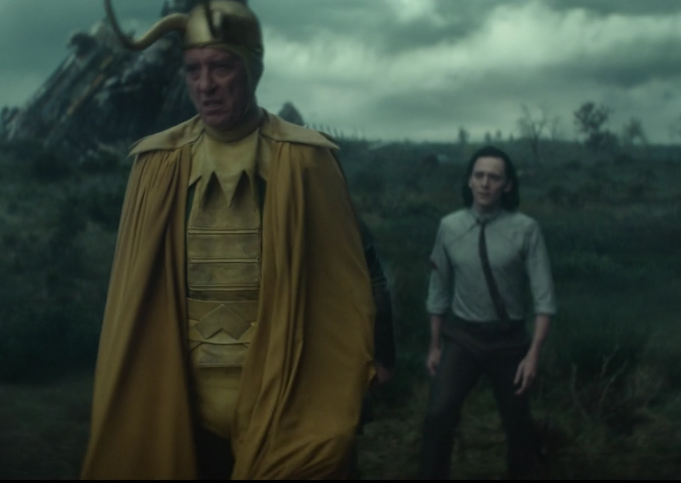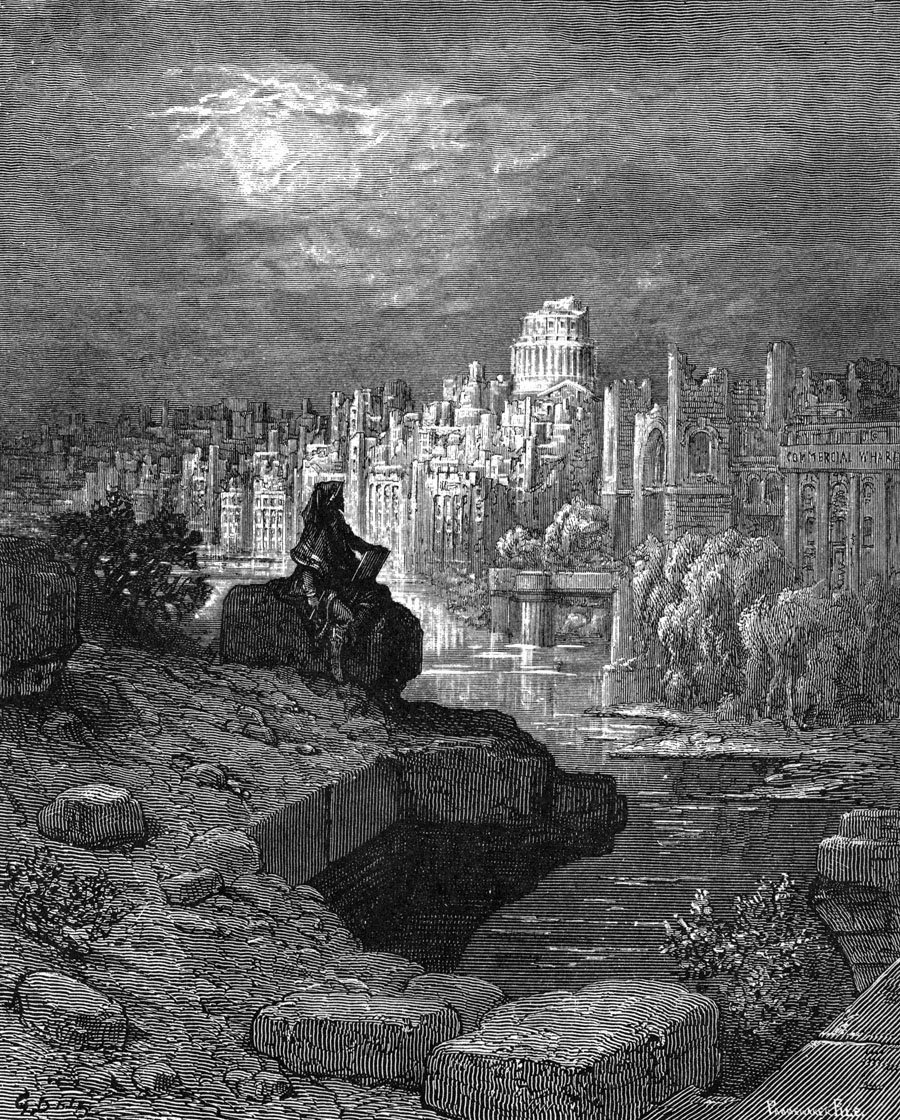
Ok Disney, #WhatIf we replaced all of Richard E. Grant's dialogue in #Loki with his dialogue from Withnail and I? Would it still work?
"We've gone on holiday by mistake."
"We've gone on holiday by mistake."

"All right, this is the plan. We get in there and get wrecked. Then we eat a pork pie. Then we drop a couple of Surmontil-50s each. That means we'll miss out on Monday but come up smiling Tuesday morning." 

"Nonsense, this is a far superior drink to meths. The wankers don't drink it because they can't afford it." 

See, it really does work: Withnail and Loki!
"Bastards! You'll all suffer! I'll show the lot of you! I'm gonna be a sta-a-a-a-ar!"
"Bastards! You'll all suffer! I'll show the lot of you! I'm gonna be a sta-a-a-a-ar!"

• • •
Missing some Tweet in this thread? You can try to
force a refresh

























